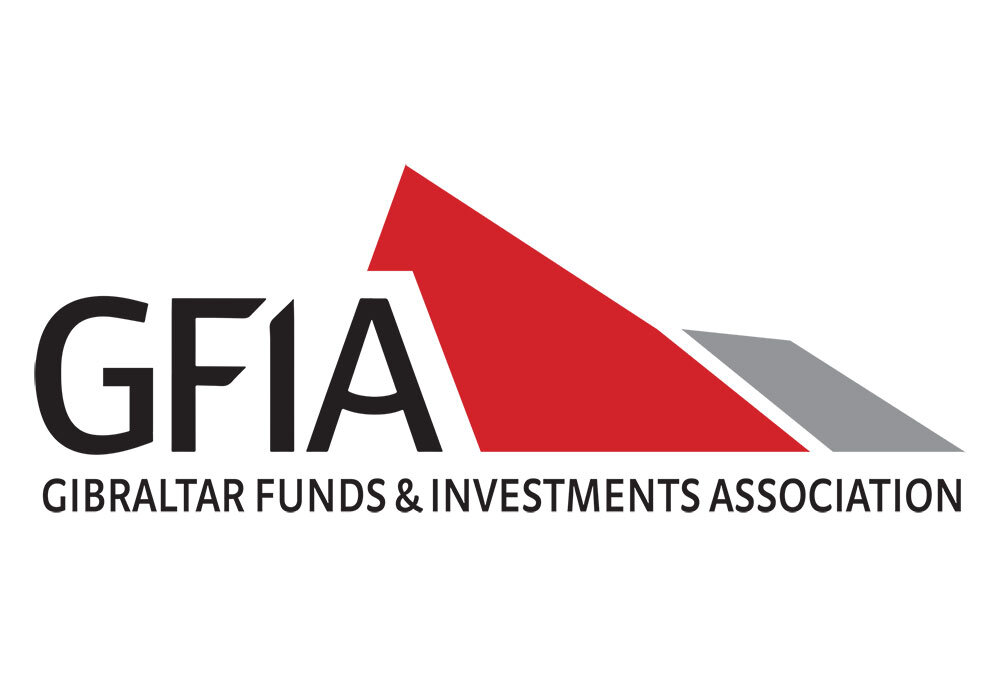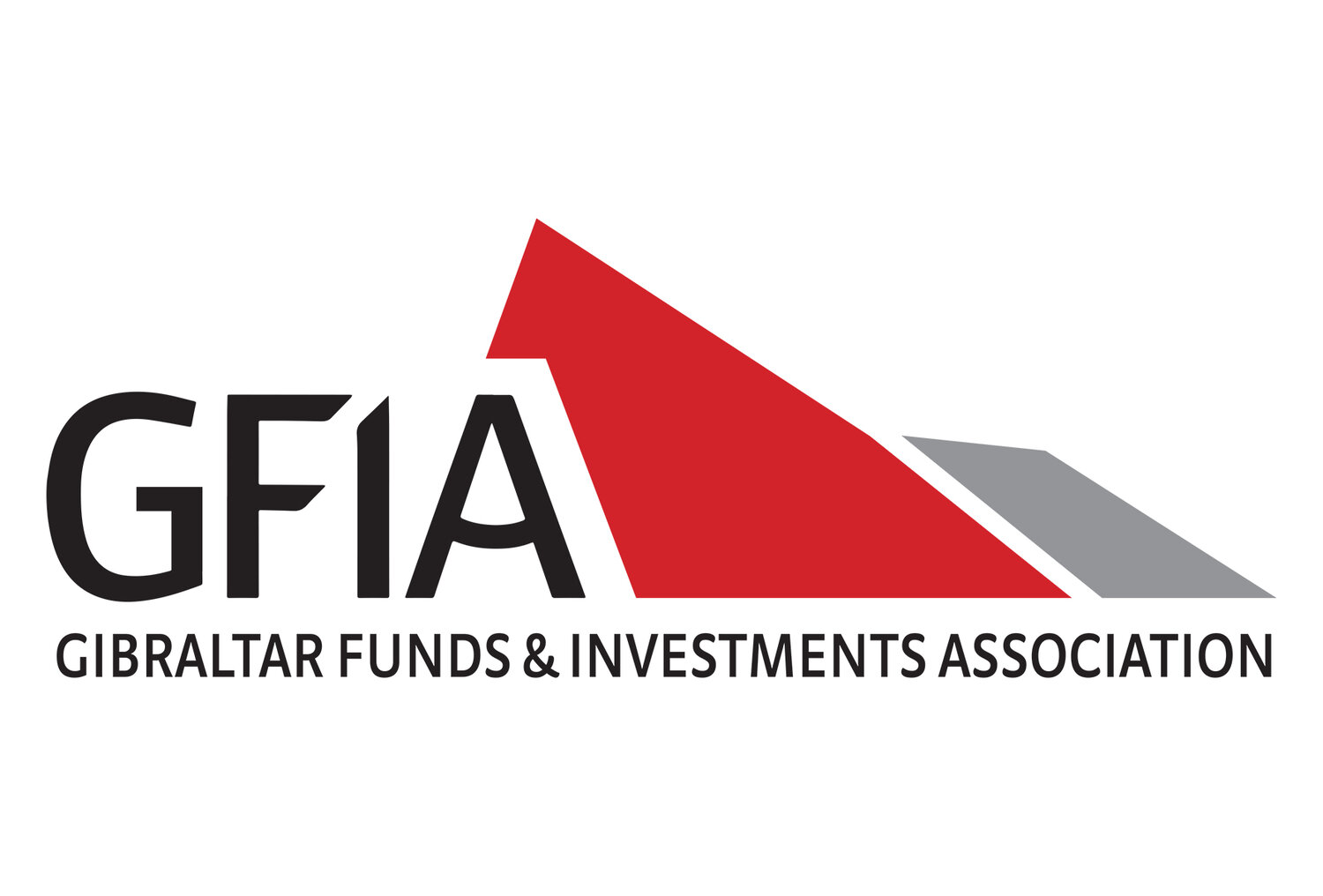The Experienced Investor Fund
The Experienced Investor Fund (EIF) regime is similar to professional or sophisticated fund products offered in jurisdictions such as the Caribbean, the Channel Islands, Luxembourg and Ireland..
Since its introduction in 2005, the EIF has been the primary driver behind the growth of Gibraltar’s fund industry, proving a robust and flexible product utilised by both EU and non-EU fund managers.
An EIF established under the current EIF Regulations 2020, is a regulated collective investment scheme exclusively for investment by experienced investors. Gibraltar EIFs are designed to invest in a wide range of traditional or alternative asset classes. EIF asset classes typically include tradable securities, commodities, currencies, cryptocurrencies, property, private equity and funds, as well as alternative investments such as structured credit, mortgage tranches, credit loans, venture projects and aircraft. There are no restrictions in law as to the eligible assets classes for an EIF, and there are no diversification requirements within the relevant legislation.
Establishing a fund as an EIF presents a number of key advantages:
pre-launch approval mechanism;
no investment or borrowing restrictions;
fund may be self-managed;
expedited start-up process and competitive start-up costs;
no limit to number of investors;
reasonable ongoing operating costs;
tax neutrality;
benefit of EU directives such as PSD; and
an EIF may be structured under a variety of formations.
Common EIF structures include:
a Gibraltar limited company, unit trust or limited partnership. This can include foreign structures approved by the FSC where management and control is located in Gibraltar;
other forms recognised by the FSC; and
a Protected Cell Company under the PCC Act 2001.
EIFs are often structured as open-ended companies. Open-ended funds require constituting documents to allow redemptions of shares at the prevailing Net Asset Value (‘NAV’). Typically, an EIF will issue ordinary shares which carry most of the voting rights and participation shares which carry the economic rights. Participation shares are the units purchased by investors at the NAV price. The ordinary shares are usually issued to the investment manager or to the directors, depending on who manages the fund.
An EIF may also be structured as a closed-ended fund which locks in investors for a predetermined length of time, usually subject to one or more extensions. Closed-ended funds are usually used for private equity or property funds where investment is deal-specific rather than being intended to facilitate continuous trading by the fund.
REGISTRATION AND OPERATIONAL REQUIREMENTS
One of the attractions of Gibraltar as a fund domicile is that no regulatory approval is required before a fund can begin to raise capital and commence with its investment activities. Gibraltar is a unique jurisdiction where a fund may be launched based on a legal opinion that confirms the fund has met all legal and structural requirements for its operations, and provided that the fund’s documentation is submitted to the regulator for registration within ten business days of its launch. The majority of Gibraltar funds make use of this preferred route, however, alternative or exotic fund structures and strategies are generally discussed with the regulator ahead of time.
An EIF may on the other hand opt for a pre-launch FSC registration where the fund notifies the FSC at least ten days prior to launch. If following ten days of receipt of the documents the FSC does not issue a notice to the applicant, the fund is deemed authorised. The pre-launch registration option is unique and allows the fund to be authorised on the day that it is launched, thereby enabling the manager to define the launch process and timeline with no regulatory uncertainty. Once launched, the fund may immediately begin its activities, including promotion, capital raising and investing.
A launch meeting marks the fund’s authorisation and launch. As part of the launch meeting, it is determined that the fund meets all relevant provisions of the EIF regulations and the fund is deemed authorised. At launch the fund’s initial board meeting usually also takes place and the operator agrees that all the necessary contracts are completed allowing the fund to launch under the EIF regime.
In order for an EIF to be established in Gibraltar, the fund is required to notify the FSC, as described above, with the following materials:
written notification of the establishment of the fund;
the fund’s Private Placement Memorandum (‘PPM’) or offering document or prospectus;
a legal opinion from a Gibraltar lawyer of at least five years standing, who is independent to the administrator, that certifies that the fund complies with EIF regulations;
an application fee;
the fund’s constituting documents; and
any other documents requested by the FSC.
In essence, a fund is established in Gibraltar through the drafting and approval of the relevant documentation by legal counsel, along with input from the fund directors, administrator, investment manager and other service providers. The FSC does not review nor comment on the documentation prior to the establishment of the EIF. This provides the promoter with greater control over the process, and a fast time to market, all of which is unique to Gibraltar.
Following an EIF registration in Gibraltar the FSC may request further documentation or, on certain occasions, amendments to the prospectus. There is however no regulatory downtime to the authorisation of an EIF. If necessary, an EIF can be set up in a matter of days as many of the service providers in Gibraltar can offer turnkey solutions.
AN EIF HAS THE FOLLOWING KEY OPERATING REQUIREMENTS:
Where the fund is structured as a company, its board requires two directors who are authorised by the FSC to provide directorships to EIFs. Both Directors must be available to meet the FSC when they may reasonably require with at least one being required to be ordinarily resident in Gibraltar (unless this residency requirement is waived by the FSC). A list of current authorised EIF directors can be found on the FSC website (www.fsc.gi). Other fund directors may be resident in other jurisdictions, subject to fiscal considerations.
In the case of a trust, it is required that there be two trustees that are authorised to act as a trustee of an EIF. These trustees must be available to meet the FSC when they may reasonably require with at least one being required to be ordinarily resident in Gibraltar (unless waived by the FSC). If the unit trust is structured with a corporate trustee, two directors should be authorised by the FSC with the same obligations as the trustees in relation to attending meetings and being resident in Gibraltar.
If an EIF takes another form, the persons or entities which have ultimate responsibility for the management and control of the EIF must include at least two persons authorised by the FSC. These persons must be available to meet the FSC when they may reasonably require with at least one being required to be ordinarily resident in Gibraltar (unless waived by the FSC).
An EIF may be managed by a third party investment manager or ‘self-managed’ by the fund directors. The investment manager or adviser may be from any jurisdiction provided that it complies with the law of the jurisdiction from which it operates.
An authorised Gibraltar administrator or an approved foreign administrator, is required for both open and closed-ended funds, regardless of the asset class in which the fund invests.
An EIF operating as an open-ended fund is required to appoint a depository or custodial bank or agent. EIFs may work with any authorised depository or broker that is deemed acceptable to the FSC. A closed-ended EIF will usually appoint a banker for cash transactions, however, its assets are not required to be held for safe-keeping by a third party. There is no requirement for an EIF to use a Gibraltar based depositary. This will change in the case of those funds that are obliged to comply with the Alternative Investment Fund Managers Directive.
An EIF is required to undergo an annual audit by an auditor approved under the Financial Services Act 2019. There are international audit firms based in Gibraltar, including three of the Big Four firms. A fund manager would not have a problem engaging a global brand to audit the fund.
An EIF is required to submit its audited accounts to the regulator within six months of its year-end (within nine months for a closed-ended EIF), together with a form containing the fund’s general compliance and statistical information.
An EIF is required to produce an offering document, commonly referred to as a Private Placement Memorandum (PPM), which includes certain information about the fund. The PPM is often drafted by the lawyers engaged to set up the fund and should be the only document that investors rely on when basing their decision to invest in the fund. Fact sheets and other marketing material are also permitted.
An EIF is required to notify the FSC immediately of any regulatory breach and within 20 business days of any material changes to the fund.
MARKETING OF THE FUND
An EIF can market its shares or units to experienced investors and begin trading from the time the fund is officially launched. Prior to launch, one is permitted to have discussions with professional advisers of potential anchor investors, for example in a private equity fund situation, provided it is made clear that the fund is not available for subscription at that time. Marketing EIFs should always be in accordance with the laws of the jurisdiction in which the fund is being offered.

